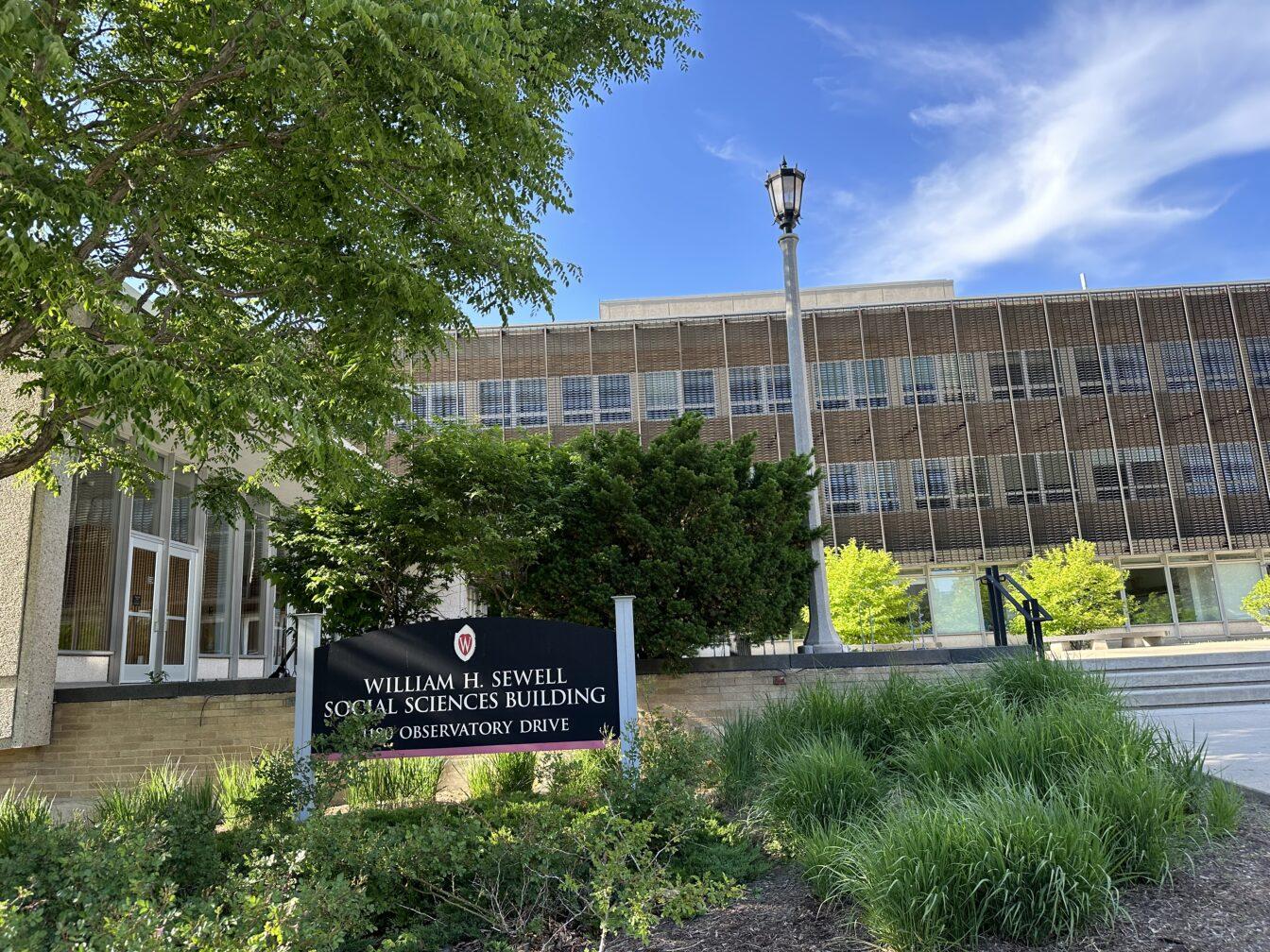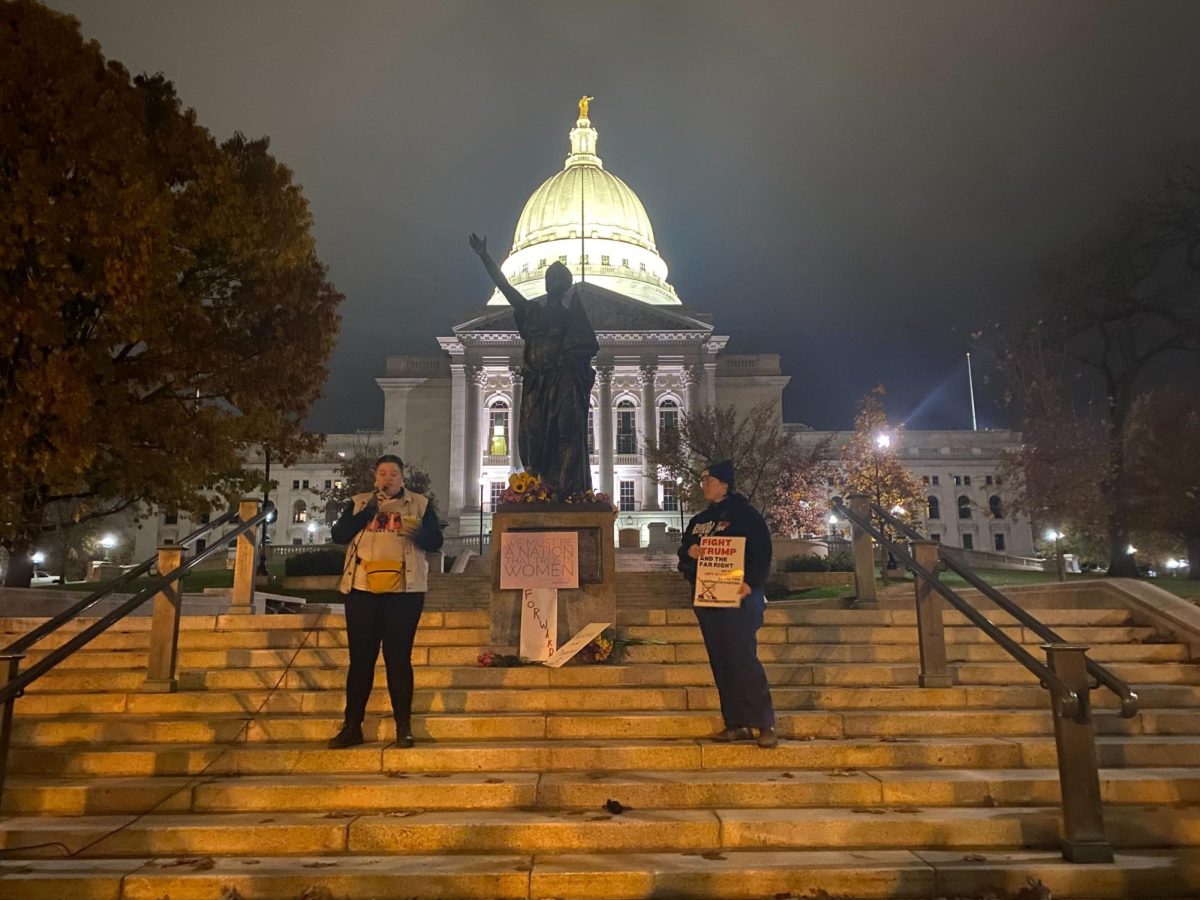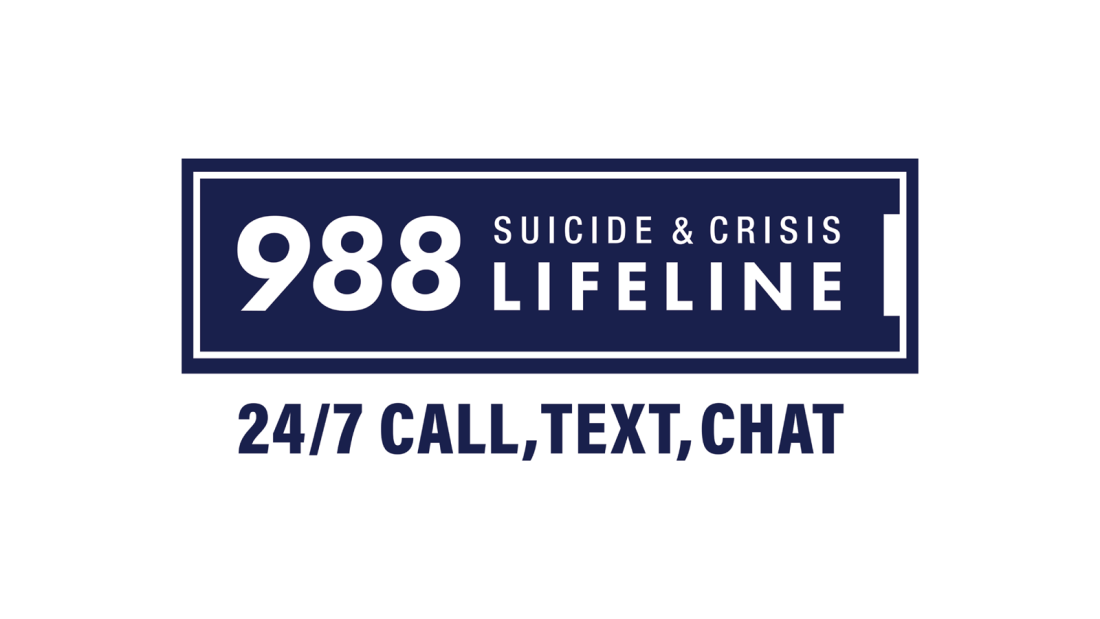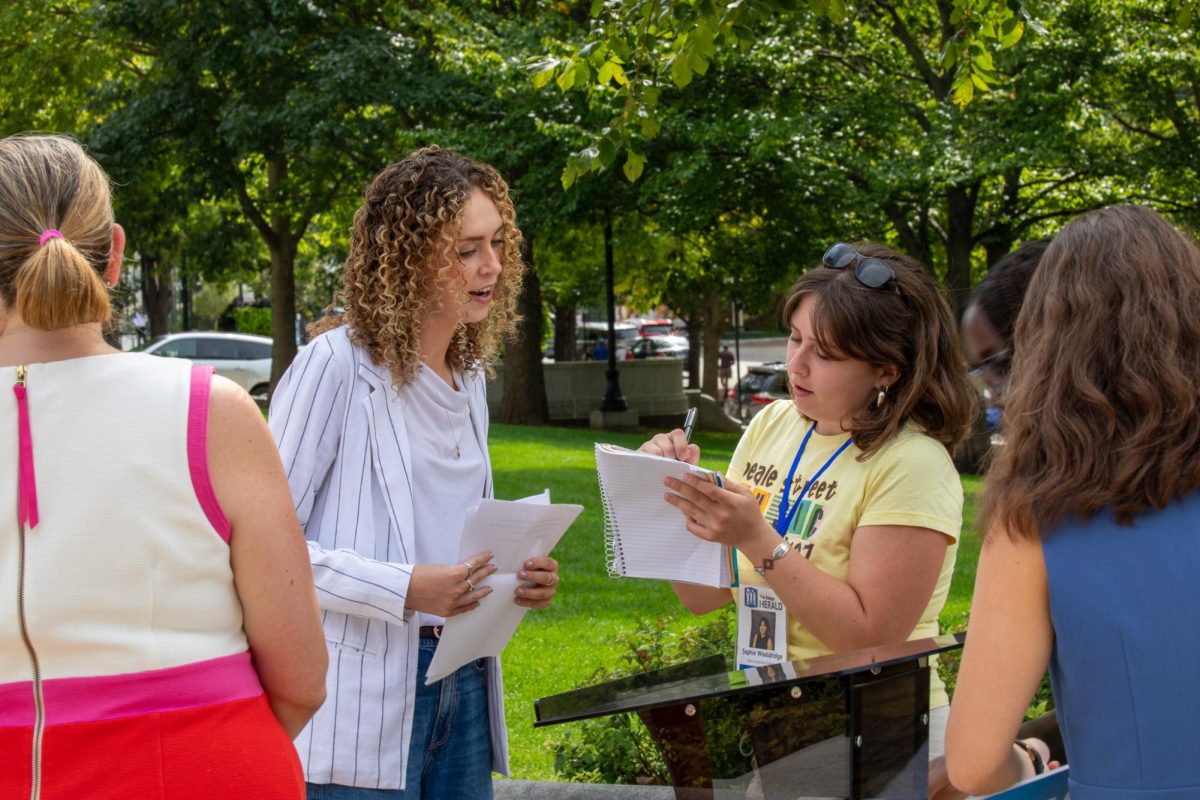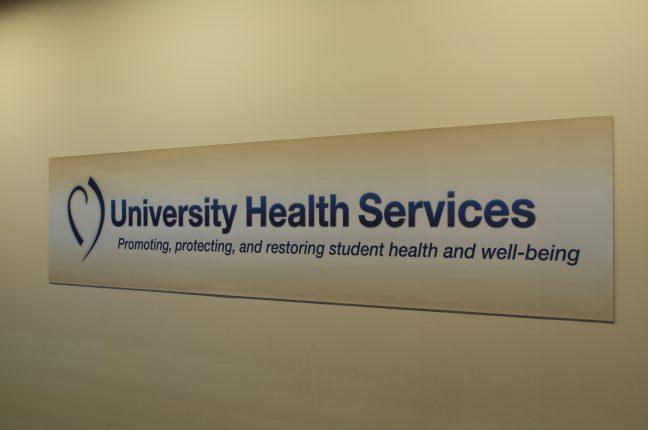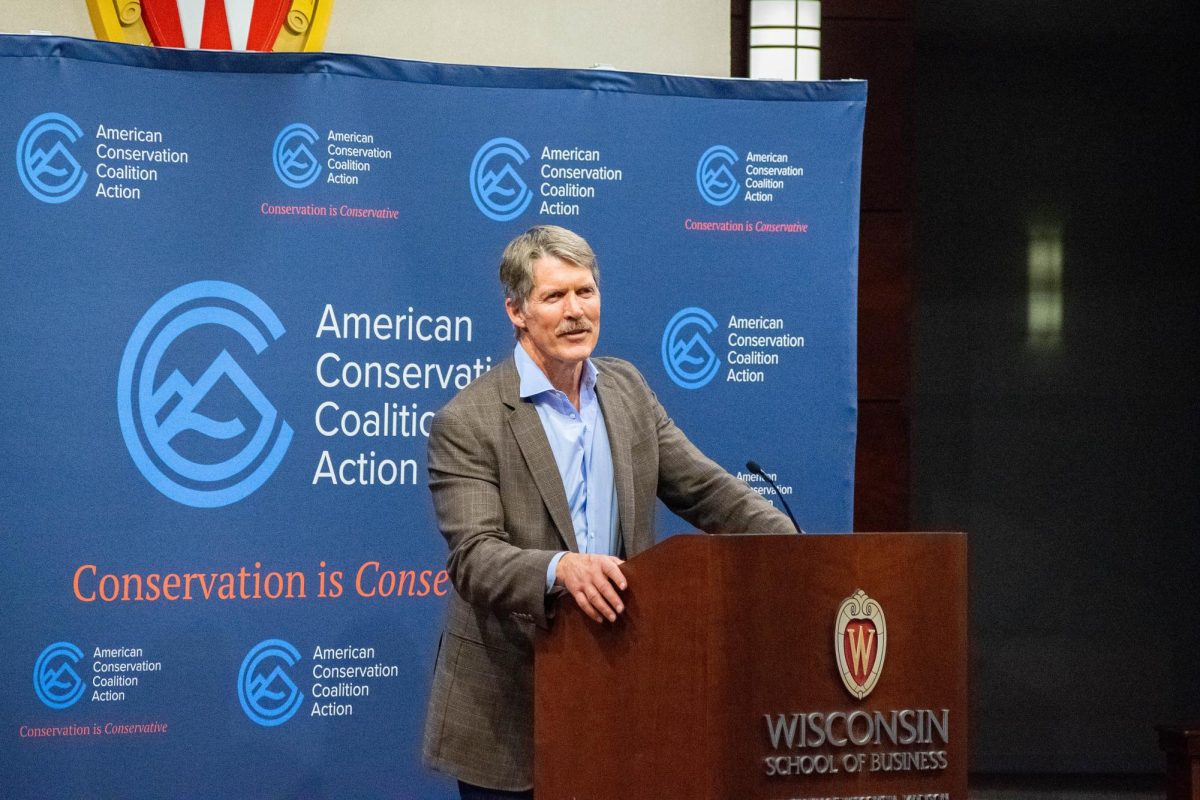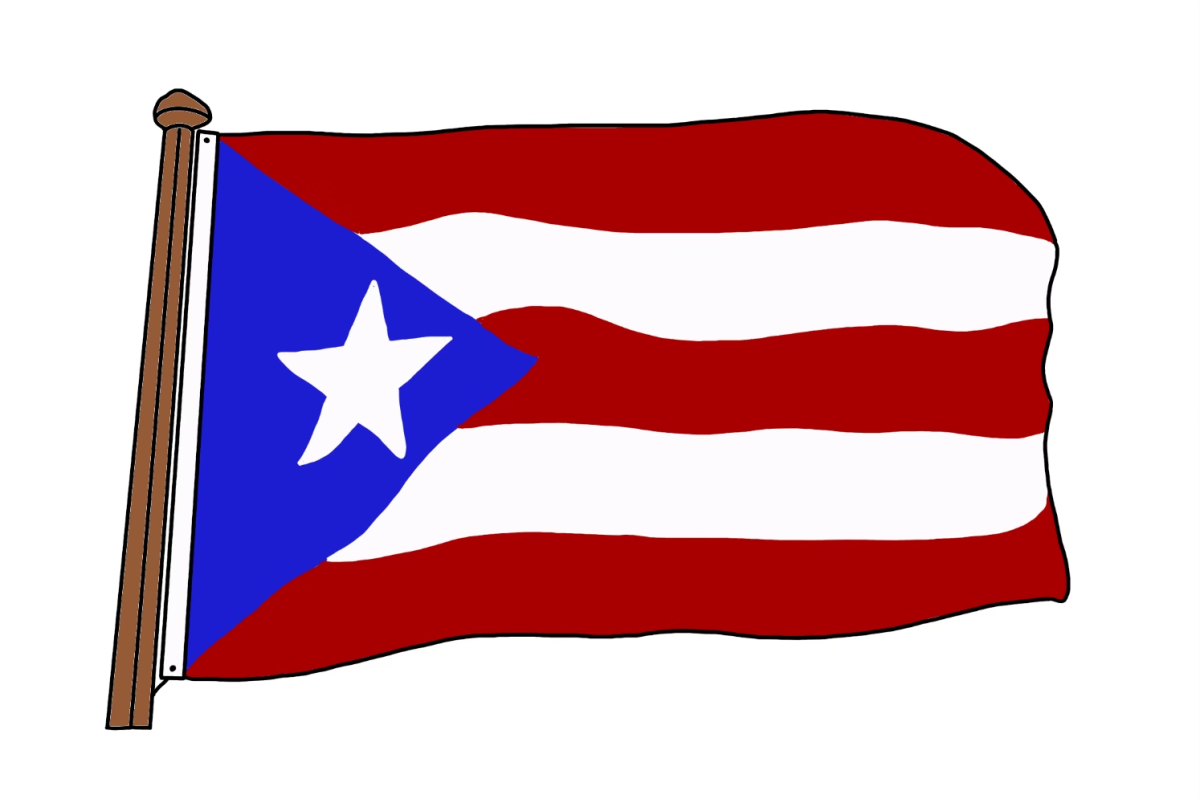The University of Wisconsin Department of Economics released a memo to UW economics graduate students May 18 containing an substantial plan to address concerns from many about sexual misconduct within the department.
In October 2022, more than 167 PhD students in economics, agriculture and applied economics and certain business school programs signed a letter that was shared via Twitter by economics graduate students Emily Case and Danny Edgel.
The letter, which was endorsed by the Wisconsin Economics Graduate Organization and Wisconsinites for Inclusion and Diversity in Economics, addressed sexual harassment, retaliation and the general culture within the department. It demanded reform in professional organizations like the American Economic Association, affirmation that sexual misconduct is not tolerated in the UW economics department, access to resources and support and improvement in UW’s “Pass the Harasser” clause.
In the memo released May 18, Chair of the Department of Economics Christopher Taber described four actions decided upon by a committee in response to the graduate students’ demands. Taber had promised to create the committee in his initial response to the letter, which acknowledged the concerns of the students and stated a shared commitment to maintaining high standards within the department.
The first action in the memo responds to calls for clarification of how to report sexual misconduct. To help explain the process, the committee scheduled an open meeting with UW Title IX coordinator Lauren Hasselbacher Dec. 5, 2022 to clarify the role of Title IX and other establishments on campus that handle issues related to sexual misconduct, and answer questions.
The second action says there will be more meetings to discuss reporting sexual misconduct at the beginning of each academic year for all graduate students, staff and faculty. President of WEGO and rising fourth year graduate student studying industrial organization Danny Edgel said incoming students will also be informed about the process for complaints that do not fall under Title IX, which will be documented in a complaint repository.
Third, the committee updated and formalized the department’s grievance process.
Finally, the faculty voted to formally include a standard of professional conduct in invitations to seminars, conferences and recruiting. Before accepting, invitees will be asked to agree to language certifying they are not under sanction from their employers for Title IX violation, they consent to the AEA Code of Professional Conduct and they will not engage in behavior unacceptable in the AEA Policy on Harassment and Discrimination during the invited activity.
Taber noted in the memo that he did not explicitly address the “pass the harasser” policy because “it is already in place and is run at a system level.” “Pass the harasser” refers to when a known sexual harasser leaves one institution for another without repercussions or without their next employer knowing about the past misconduct. The UW system passed a policy to prevent this in 2018.
The committee included Taber and six other faculty — Jean Francois Houde, John Kennan, Corina Mommaerts, Ashley Swanson, Xiaoxia Shi and Matt Wiswall and two staff — Tammy Herbst-Koel and Kelsey Hughes. It also included five students — Mary Daniels, Danny Edgel, Zhiyang Feng, April Meehl and Arjun Jain.
In an email statement to The Badger Herald, Taber said the committee was a combination of people with leadership roles in the department with other department representatives that would give broad and diverse views.
“This is especially true with the faculty, in which many members either had leadership roles in the PhD program or on the Diversity, Equity and Inclusion committee,” Taber said. “The remaining were people I thought would bring unique and diverse experiences to the committee.”
Herbst-Koel and Hughes were the Department Administrator and the Academic Program Director & Grad Advisor who are most directly involved in these overall issues. According to Taber, he brought graduate students from different cohorts who had different viewpoints on the overall issues.
According to Edgel, who served on the committee as the WEGO president and WIDE representative, the committee meetings went very smoothly and he was not surprised by how constructive they were all able to be.
In an interview with The Badger Herald in Nov. 2022, Edgel said the students’ trust in the department allowed him to be confident in their ability to respond to calls for change.
“This would be a very different letter if that weren’t the relationship between us,” Edgel said in the interview.
Edgel said the overall response to the actions from students who were involved in the process has been positive.
“[Students were] really happy with how the department responded to it and how we chose to address each of the asks,” Edgel said. “I think we were a lot more hopeful to have either improvements to the Title IX process or a strong alternative to it within the department.”
Edgel said right now, a solid alternative to the Title IX complaint process is the DEI committee’s complaint process. This process identifies the immediacy of the concern, aims for confidentiality and maintains communication with the parties involved.
In the memo, Taber said the past six months involved a great amount of discussion and reflection within the department in order to respond to the letter with the gravity it deserves and with impactful actions. Faculty met officially March 29 and May 2, and informally numerous other times to discuss the agreed upon actions.
Taber said the most important part of the whole process was the open line of communication between the students and the department. He said this manifested itself both on the committee and outside the committee.
“Within the committee, I thought of the students as full participants and tried to engage with them throughout,” Taber said. “I think the way we operated was very much a partnership and I hope they feel the same way. Outside the committee, in general faculty members are very comfortable talking with graduate students even on sensitive issues such as this. As a result, we had conversations with students which made the whole process more collaborative.”
The effort within UW economics to confront sexual misconduct comes amid a larger movement within the field to bring to light widespread misconduct.
The hashtag #MeToo hit Economics Twitter in 2018 when it became public that Harvard economist Roland Fryer had engaged in unwanted sexual contact toward four women in his lab. #MeToo is a social media movement that encourages women to share their experiences of workplace sexual harassment.
The AEA then announced steps to prevent harassment and create a reporting method for survivors. But the professional organization faced barriers in their investigative reach, according to the AEA.
Dissatisfied with the AEA’s response, economists like associate professor at Texas A&M Jennifer Doleac took to Twitter to empower women to share their stories about misconduct. Doleac has been key to the movement since. Doleac publicly called out one UW professor Oct. 25, 2022.
Edgel said he and other students who were heavily involved in the process at UW are excited to see changes at an institutional level. He said the faculty have been open to change and have been responsive to students.
“[We also wanted] to emphasize the fact that even though there are people in our department who are accused, we have a really strong relationship as far as these things go, and a very cooperative relationship between students and faculty — which is fairly rare,” Edgel said.
Taber said he wishes there was a magic wand he could wave to prevent any type of harassment moving forward, but that is not possible.
“I am proud of what we accomplished,” Taber said. “I think we took important steps forward. I would especially point to the standard of professional conduct when inviting people to campus. While such things have been used by professional organizations, to my knowledge we are the first economics department to take this step.”
Editor’s Note: This article was updated to include information about the UW Department of Economics DEI complaint process.


